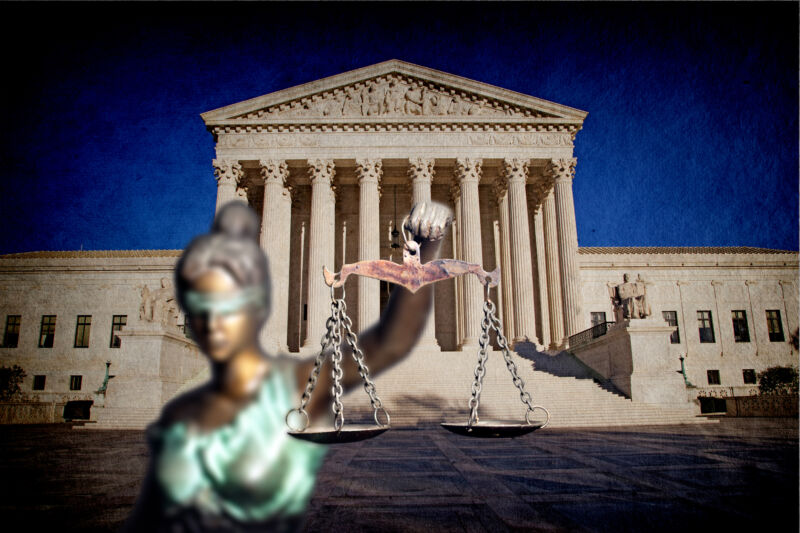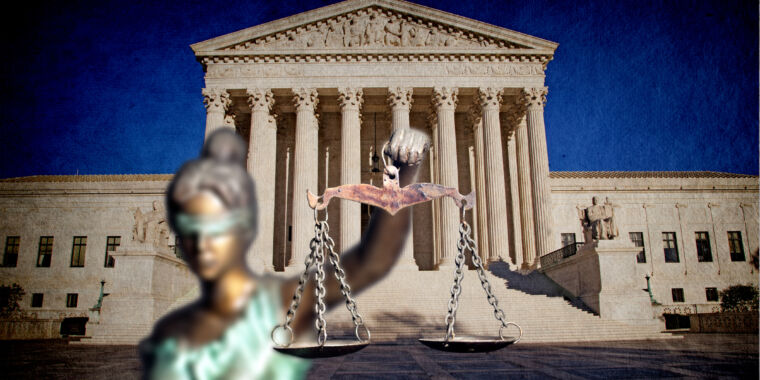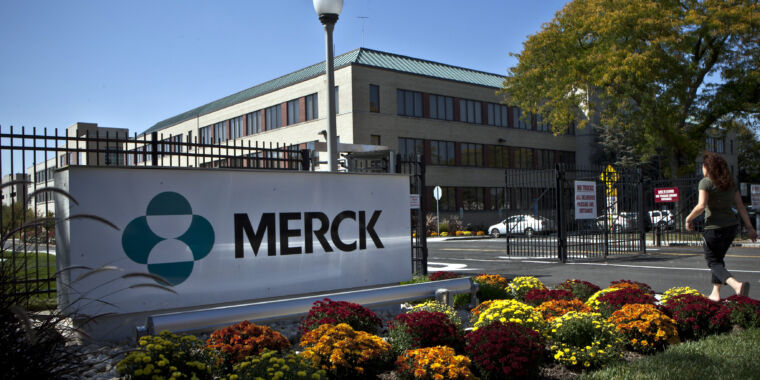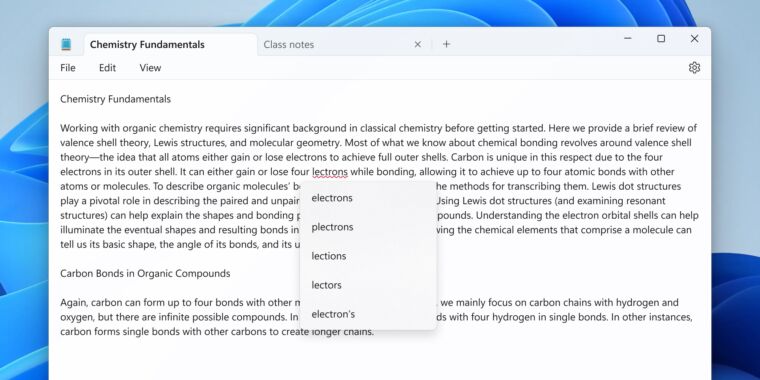
On Friday, the Supreme Court agreed to decide if two laws crafted by Republicans in Florida and Texas run afoul of the First Amendment because the laws force platforms to explain all their content moderation decisions to users.
Both laws, passed in 2021 after several major platforms banned Donald Trump, seemingly were a way for Republicans to fight back and prevent supposedly liberal-leaning platforms from allegedly censoring conservative viewpoints.
The laws are designed to stop the most popular platforms from inconsistently censoring content by requiring platforms to provide detailed explanations to users whenever their posts are removed or their accounts are banned or “shadowbanned” (deprioritized or restricted from feeds by platforms’ algorithms). The Texas law also requires platforms to provide clear paths to timely appeal censored content, and both laws require platforms to publicly disclose standards for when and why they censor users.
NetChoice—a trade group representing companies operating major platforms, including X and Facebook—sued to block the laws, citing First Amendment concerns. According to NetChoice, states are attempting to censor platforms by passing these laws, potentially preventing platforms from making editorial decisions on content that they’re entitled to make.
In a statement provided to Ars, NetChoice litigation director Chris Marchese said that the trade group’s lawsuits were “landmark cases” giving SCOTUS the opportunity to clarify platforms’ “well-established First Amendment right to host, curate, and share content as they see fit.” NetChoice has argued that rather than restricting censorship, Florida and Texas have passed “unconstitutional laws empowering the government to choose what speech appears online.”
“The Internet is a vital platform for free expression, and it must remain free from government censorship,” Marchese said. “We are confident the Court will agree.”
One of NetChoice’s lawsuits resulted in a preliminary injunction blocking parts of Florida’s law—with one court agreeing that the Florida law likely violated the First Amendment. But a divided court in Texas reversed a preliminary injunction that NetChoice initially won blocking Texas’ law—departing from the court’s logic in the Florida case and finding that NetChoice would not likely succeed in constitutional challenges to the very similar Texas law.
The Supreme Court’s ruling is expected to settle the matter and will likely come next year, NBC News projected.
Trump urged SCOTUS review of “unfair” platforms
Much has changed on social media since 2021. Donald Trump’s account was reinstated on major platforms, including X (formerly Twitter) and Facebook, before next year’s presidential election. And Facebook and X relaxed policies preventing political ads, potentially enabling more divisive political content on the platforms to target more users than ever.
But that doesn’t mean that conservatives, including Trump, have stopped claiming that platforms are censoring right-leaning viewpoints. In a brief urging SCOTUS to review the social media laws in Texas and Florida, Trump claimed that the laws were necessary because “platforms often shroud decisions to exclude certain users and viewpoints in secrecy, giving no meaningful explanation as to why certain users are excluded while others posting equivalent content are tolerated.”








